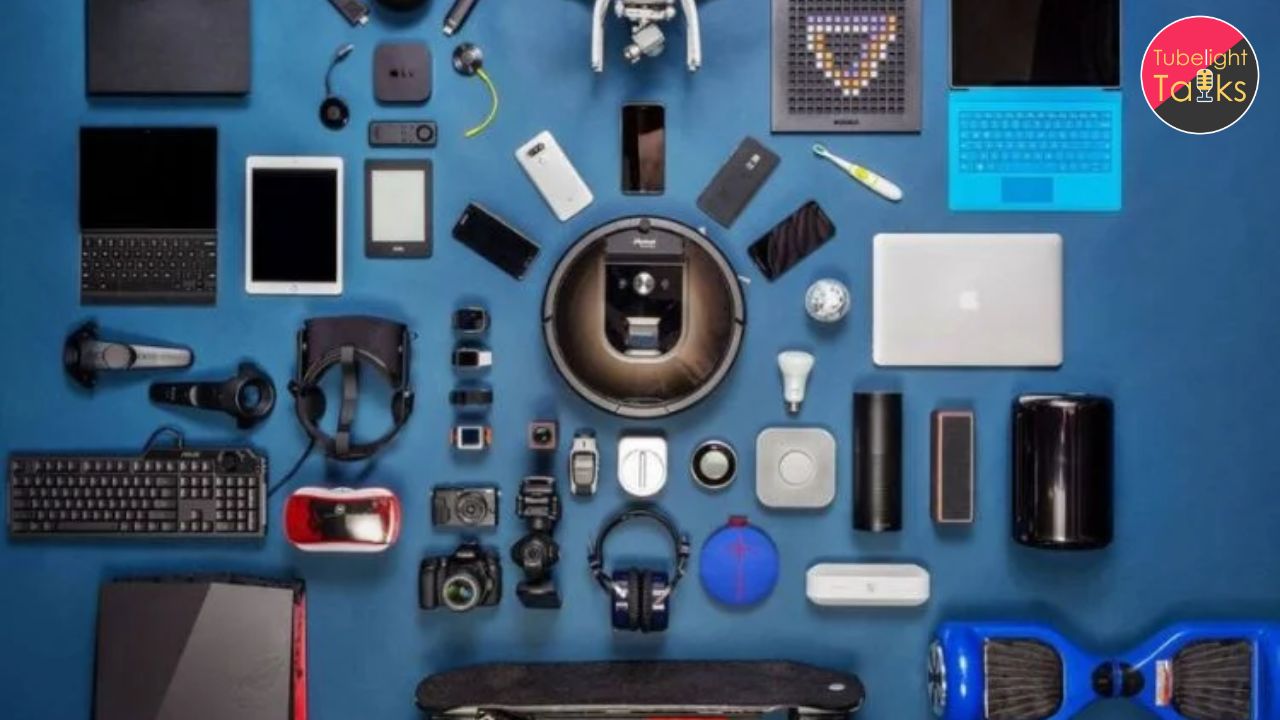In a quiet apartment in Bangalore, 29-year-old Ananya stared at the screen. A new AI tool had just composed a poem more beautiful than hers. It rhymed better. It flowed deeper. Was that… better than human?
A week later, her manager at a content firm gently suggested, “You might want to explore editing AI drafts instead of writing from scratch.”
And just like that, Ananya’s childhood dream of becoming a writer blurred into machine output.
This isn’t fiction—this is 2025. This is real.
Across the world, AI is no longer a buzzword—it’s a presence. It drives cars, diagnoses illnesses, predicts crime, fights wars, teaches children, edits movies, even replicates your voice and face.
The Science of Intelligence: When Machines Feel Smarter Than Us
By 2025, artificial intelligence isn’t just a tool—it’s a quiet co-worker, a ghost in the room. It finishes our sentences, flags our emails, recommends our meals, and sometimes, even knows what we’re about to search before we type it.
Ananya, the writer whose poem got outshined by an AI, isn’t alone. Across the world, coders, designers, doctors, and teachers are all asking the same thing: “If AI can do it faster, does it still matter that I can?”
Scientifically, AI systems like GPT-4 and beyond are built on vast neural networks trained on billions of texts, images, and patterns. These systems don’t “think”—they calculate. They don’t “feel”—they infer. Yet they can now diagnose diseases faster than radiologists, write stories in multiple languages, and generate art so detailed it can make you pause and wonder, “Was this painted by a soul?”
But behind this marvel is a truth: AI has no idea what it’s doing. It doesn’t know what sadness is, or joy, or fear of loss. It doesn’t pause before a sunset or feel the thrill of a dream. It simply matches patterns and maximizes probability. And that difference—between calculating and truly knowing—is what still sets us apart.
The Human Cost of Smart Machines
Ask Ravi, an IT engineer who once felt proud designing algorithms. Now, he supervises systems that design better ones than he ever could. “It’s like I’m building my own replacement,” he says. “And I don’t even know if I should be proud… or afraid.”
That fear is real. According to the World Economic Forum, nearly 40% of jobs globally could be disrupted by AI automation by the end of this decade. That’s not just factories and call centers—it’s artists, editors, lawyers, and even therapists.
And then there’s the more subtle danger: bias. Imagine applying for a job and being rejected by an algorithm trained on outdated, biased data. Or being misidentified by facial recognition because of your skin tone. These are not sci-fi nightmares—they’re already happening. And the more we rely on AI to make “objective” decisions, the more we risk forgetting the flawed, messy, beautiful subjectivity that makes us human.
Technology can enhance us. But if we’re not careful, it may also erase what made us worth enhancing in the first place.
And somewhere in this whirlwind of machine evolution, a quiet fear spreads:
What happens to the human soul when a machine does everything we once called “ours”?
Is this progress? Or is it the slow erasure of our essence?
When Intelligence Isn’t Wisdom
AI can recognize patterns faster than any brain. It can speak dozens of languages and process trillions of data points in seconds. But ask yourself—
Can it forgive?
Can it sit under the stars and wonder why we exist?
Can it cry for a loved one lost?
Can it surrender to God?
These are not questions of capability—they are questions of the consciousness.
Sant Rampal Ji Maharaj says,
“True intelligence is not in machines, not even in human IQ. It is in recognizing the Creator, the purpose of life, and the path to liberation.”
The Emotional Cost of Progress
Meet Ravi, an IT engineer who once loved coding. Now, he oversees a team training AI to code faster than any human ever could.
“I feel like I’m building the very thing that will replace me,” he says.
His voice trembles.
“It’s not just about work. It’s about worth. Who am I if a machine does my job better than me?”
Across professions, this is the silent emotional toll of AI:
Doctors feeling obsolete.
Artists doubting their creativity.
Students question why they should learn at all when ChatGPT knows everything.
We are not just automating tasks—we are automating identity.
SatGyan: The Divine Wisdom Machines Can’t Touch
Sant Rampal Ji Maharaj provides a revolutionary answer:
You are not this job. Not this mind. Not even this body. You are a soul. An eternal being.
Where AI can imitate knowledge, only SatGyan gives realization.
Where AI offers prediction, SatGyan offers liberation.
No machine can understand:
- The pain of separation from God
- The bliss of true devotion
- The silence of Naam Simran
- The divine joy of reaching Satlok
AI may soon imitate saints, write scriptures, or even simulate a digital god.
But it will never be God-realized.
The Real Risk: Not AI’s Power, But Our Forgetfulness
The danger is not that AI will become more like humans.
The danger is that humans will become more like AI—logical, cold, efficient, emotionless, and disconnected from the Divine.
When we forget devotion, compassion, prayer, and spiritual truth, we become machines with blood.
Sant Rampal Ji Maharaj warns,
“Without Naam, a person is like a lifeless robot—functioning, but lost.”
The Path Forward: Balance, Not Battle
AI isn’t evil. It’s a tool—like fire. It can illuminate or burn.
But it must be guided by wisdom, not greed.
That wisdom comes not from data scientists or futurists—but from Enlightened Saints who understand the Creator’s design.
Sant Rampal Ji Maharaj teaches us to use technology, but not become it.
His message is clear:
Let AI take your workload, but let SatGyan lead your life.
FAQs: AI vs Humanity & SatGyan’s Perspective
Q1: Can AI replace spiritual practices or gurus?
A: Never. AI can simulate behavior but cannot realize truth or liberate souls. Only a Complete Saint like Sant Rampal Ji Maharaj can grant salvation.
Q2: Will AI destroy jobs?
A: Many jobs will evolve or vanish. But SatGyan helps you realize a purpose beyond employment—one that offers eternal stability.
Q3: How can I stay human in an AI-dominated world?
A: Practice Naam Simran, live righteously, seek spiritual knowledge, and stay emotionally and morally anchored.
Q4: Is AI against spirituality?
A: No, but blind reliance on it can disconnect you from your soul’s true journey. Balance is key.
Q5: What makes humans superior to AI?
A: Consciousness, free will, the ability to love, forgive, worship, and seek God. No machine can ever possess these.










